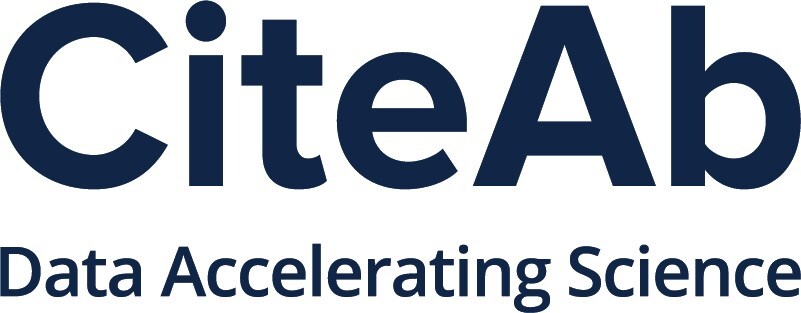Technology
CiteAb Unveils 2025 Rankings of Top Cited Antibodies in Research

CiteAb, a leading data analytics firm specializing in life sciences, has released its annual dataset highlighting the Top 100 Most Cited Research-Use-Only (RUO) antibodies for 2025. The report, published on October 14, 2025, indicates that major suppliers such as Cell Signaling Technology, Thermo Fisher Scientific, and Abcam continue to dominate the antibody market, despite emerging competitors.
The dataset is based on advanced AI-driven text mining of millions of life science publications, revealing critical insights into the current landscape of antibody research. With over 8 million RUO antibody products available, the dataset identifies which suppliers and specific reagents are pivotal in driving scientific advancements.
Leading Suppliers and Emerging Trends
The 2025 rankings show that the top three suppliers—Cell Signaling Technology, Abcam, and Thermo Fisher Scientific—account for more than two-thirds of the antibodies listed in the top 100. This dominance underscores their significant role in ongoing research and the development of new scientific applications. Notable challengers such as ABclonal and Proteintech are emerging, indicating a competitive market landscape that is continuously evolving.
Key trends highlighted in the dataset include the rising popularity of recombinant monoclonal antibodies, which make up nearly 25% of the top 100. This reflects a sustained interest in renewable antibody technologies. Furthermore, secondary antibodies have gained traction, comprising 38% of the products listed, showcasing their crucial role in various research applications. The dataset also reveals an increase in the utilization of conjugated antibodies, such as those tagged with Alexa Fluor and IRDye, which are essential for imaging applications.
Among the new entries in the top 100, a Proteintech GAPDH antibody has made a significant impact, landing in the top 10. This demonstrates the shifting dynamics of the antibody market and the increasing recognition of new players within the industry.
Insights for Researchers and Suppliers
Dr. Andrew Chalmers, CEO of CiteAb, emphasized the importance of RUO antibodies in the research community. He stated, “RUO antibodies play a critical role in research, and this data provides a valuable snapshot of what scientists are actually using. The top 100 list offers insight not only into vendor performance but also into where the research community is heading.”
The full dataset, which is available for free download, includes detailed information on company names, product names, and their respective rankings. This transparency allows researchers, suppliers, and investors to better understand the current trends in antibody usage and to make informed decisions based on the most cited products in the field.
CiteAb’s commitment to providing comprehensive data continues with plans to release additional datasets later this year, focusing on cell lines and bioactive small molecules. For more detailed information, visit CiteAb’s official website.
The insights derived from this dataset not only highlight established vendors but also point to the evolving nature of scientific research and the growing significance of emerging suppliers in the antibody market. As the landscape continues to change, staying informed about these trends will be crucial for all stakeholders in the life sciences sector.
-

 Technology5 months ago
Technology5 months agoDiscover the Top 10 Calorie Counting Apps of 2025
-

 Technology3 weeks ago
Technology3 weeks agoOpenAI to Implement Age Verification for ChatGPT by December 2025
-

 Health3 months ago
Health3 months agoBella Hadid Shares Health Update After Treatment for Lyme Disease
-

 Health3 months ago
Health3 months agoAnalysts Project Stronger Growth for Apple’s iPhone 17 Lineup
-

 Health3 months ago
Health3 months agoErin Bates Shares Recovery Update Following Sepsis Complications
-

 Technology5 months ago
Technology5 months agoDiscover How to Reverse Image Search Using ChatGPT Effortlessly
-

 Technology3 months ago
Technology3 months agoElectric Moto Influencer Surronster Arrested in Tijuana
-

 Technology2 months ago
Technology2 months agoDiscover 2025’s Top GPUs for Exceptional 4K Gaming Performance
-

 Technology5 months ago
Technology5 months agoMeta Initiates $60B AI Data Center Expansion, Starting in Ohio
-

 Technology5 months ago
Technology5 months agoRecovering a Suspended TikTok Account: A Step-by-Step Guide
-

 Health5 months ago
Health5 months agoTested: Rab Firewall Mountain Jacket Survives Harsh Conditions
-

 Lifestyle5 months ago
Lifestyle5 months agoBelton Family Reunites After Daughter Survives Hill Country Floods









